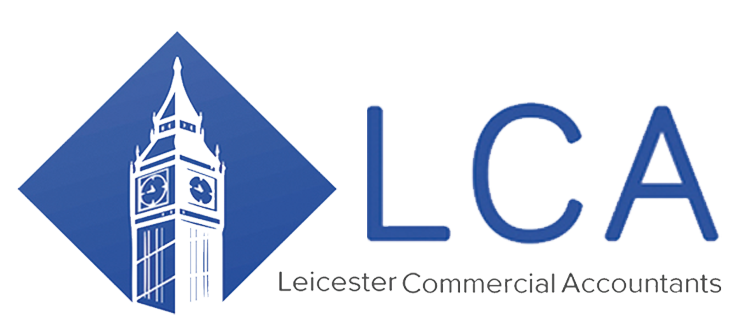Accounting forms the backbone of every business’s financial health and decision-making processes. However, navigating the complexities of accounting can present numerous challenges that businesses must overcome to ensure accuracy, compliance, and operational efficiency. From managing cash flow and tax compliance to grappling with outdated systems and fraud risks, organisations face a myriad of common accounting problems that require strategic solutions.
In this blog, we delve into fifteen of the most prevalent accounting challenges businesses encounter today. Understanding these issues is crucial for implementing effective measures to safeguard financial integrity, optimise performance, and foster sustainable growth.
Accounting is the bedrock of financial management in any organisation, yet it is not without its challenges. One of the most pervasive issues faced by businesses is the inaccurate recording of financial transactions.


This can lead to errors in financial statements, misrepresentation of financial health, and compliance issues with regulatory bodies. Accuracy in recording transactions is crucial for making informed business decisions and maintaining the trust of stakeholders.
Another common accounting problem is inadequate cash flow management. Businesses often struggle to forecast and monitor their cash positions accurately, leading to liquidity problems and difficulties in meeting financial obligations. Effective cash flow management is essential for maintaining operational stability, managing expenses, and seizing growth opportunities.
Poor expense tracking and control also rank among the top accounting challenges. Without proper monitoring and control mechanisms, businesses risk overspending, exceeding budgets, and experiencing cash flow disruptions. Clear expense policies and robust tracking systems are crucial for managing costs effectively and optimising financial resources.
Cash flow management is the lifeblood of business operations, requiring foresight, precision, and adaptability to navigate economic ebbs and flows and seize opportunities for growth.
Tax compliance issues represent a significant concern for businesses of all sizes. Navigating complex tax regulations, deadlines, and deductions requires meticulous attention to detail and up-to-date knowledge of tax laws. Non-compliance can result in penalties, fines, and legal repercussions, making it essential for businesses to prioritise accurate and timely tax reporting.
Outdated or inefficient accounting systems and processes can hinder productivity and accuracy in financial reporting. Legacy systems may lack integration capabilities, scalability, or real-time data access, leading to delays in reporting and an increased risk of errors.
Investing in modern accounting software and streamlined processes can improve efficiency, enhance data accuracy, and support informed decision-making.
Lack of internal controls is another critical accounting challenge. Weak internal controls can leave businesses vulnerable to fraud, unauthorised transactions, and financial mismanagement. Implementing robust internal controls, such as segregation of duties, regular audits, and approval workflows, is essential for safeguarding assets and maintaining financial integrity.
Conclusion
Addressing the most common accounting problems requires a multifaceted approach that integrates technological advancements, robust internal controls, and proactive management strategies. By tackling issues such as inaccurate financial recording, poor cash flow management, compliance challenges, and outdated systems head-on, businesses can enhance their financial reporting accuracy, mitigate risks, and improve decision-making capabilities.
Implementing modern accounting software, strengthening internal controls, and staying abreast of regulatory changes are essential steps towards overcoming these challenges. Moreover, fostering a culture of transparency, ethical conduct, and continuous improvement can safeguard against fraud and enhance stakeholder trust. Ultimately, by prioritising these areas and investing in comprehensive solutions, organisations can navigate accounting complexities effectively and position themselves for long-term success in today’s dynamic business environment.

